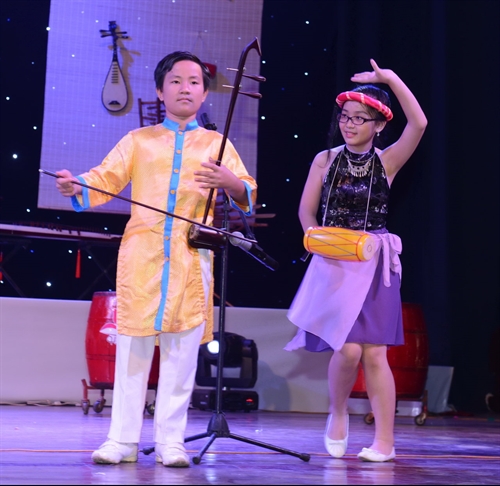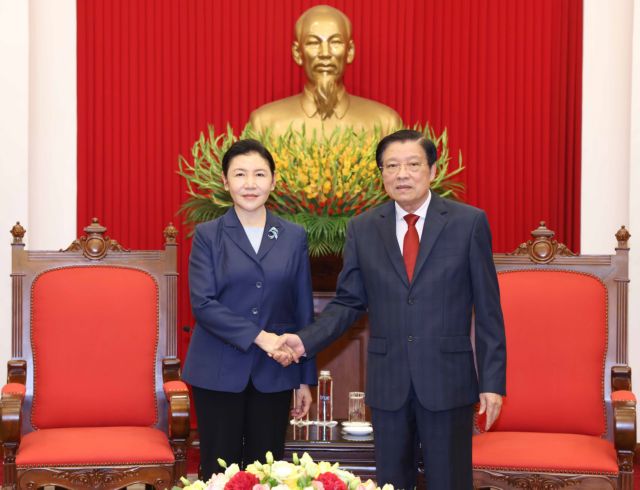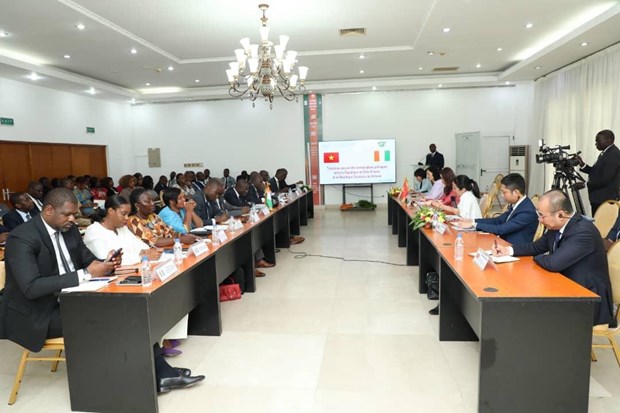 Life & Style
Life & Style

Trần Hưng Đạo Primary School’s class 5/5 students are happily singing Lý Cây Bông, a traditional song of southern Việt Nam with memorable and meaningful lyrics, in a music class.
 |
| Heritage music curriculum: Primary school students play traditional musical instrumenta in the festival of traditional music in District 1, HCM City. -- Photo tuoitre.vn |
The students of the District 1 school have also been taught to play traditional musical instruments such as đàn tranh (16-chord zither), đàn bầu (monochord) or nhị (two-string Chinese violin).
Traditional music is being taught not only in music lessons, but also in combination with exercises between lessons since the beginning of the 2013-14 school year. When the music is played, all students start doing the exercises, following the tunes.
Many other primary schools in HCM City have also introduced traditional music in their curriculum and educational activities.
Hoàng Trường Giang, deputy manager of the department of primary education, HCM City’s Department of Education and Training, said the introduction of traditional music in the school curriculum has been part of the city people committee’s campaign since mid-2012.
The aim of the campaign is to educate the students physically and spiritually, as well as to orient them towards their traditional roots and promote the beauty of traditional music.
Launched in the beginning of 2016, the five-year Traditional Music Education project is divided into three phases with different targets. The first phase aims to provide the students with basic knowledge and establish clubs of traditional music. The second phase aims to teach them to enjoy, recognise and have feelings for traditional music, while the third one aims to train the students’ ability to practise and perform traditional songs in various activities.
“Traditional music is our national feature and pride, but not many students in the city are aware of it. While music is a subject in the curriculum, why should traditional music not be taught at school?” Giang said.
Dương Thị Ngọc Thu, the principal of Phan Đình Phùng Primary School in District 3, said the introduction of traditional tunes in the school curriculum, however, was not an easy task. The project needs coordination between the city’s Department of Education and Training and teachers who are fully aware of its meaning.
She said information about and the meaning of the project should be disseminated among students and parents. In addition to the state budget, the contribution of parents will also encourage implementation of the project.
In order to deal with the problem of teacher shortage, Thu said there should be co-operation between schools and traditional musicians, who could directly train the music teachers and also teach students in music classes. -- VNS









